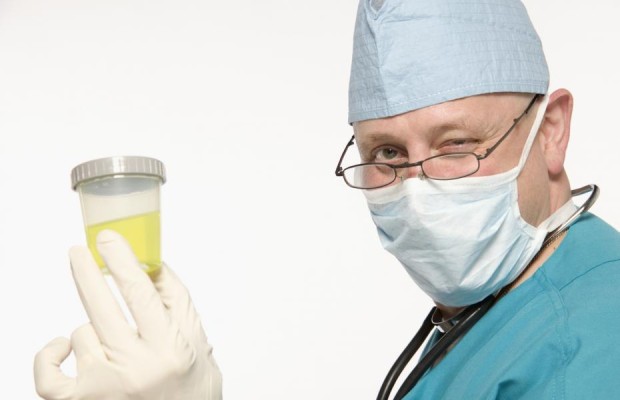The state is using its tight welfare budget to administer the expensive tests.
Tennessee is all set to deny welfare benefits to poor residents based solely on the fact that they’d used drugs. In July they rolled out a program to drug test welfare applicants, which would create even worse health issues for already-struggling addicts. However, the first month’s tests proved that most welfare applicants weren’t using drugs in the first place: of more than 800 applicants, the state caught only one person using drugs.
The testing program was popularised and enacted, no doubt, in response to the stereotype that poor people who use government assistance programs tend to be drug users. But it appears that the stereotype is baseless. Just 12 people in Utah’s similar drug testing program came up positive for drugs in an entire year of testing, and just two percent of applicants failed Florida’s 2011 welfare drug tests.
In Tennessee the drug testing program applies to the state’s Temporary Assistance for Needy Families (TANF) program. Applicants, mainly struggling parents, are now required to answer three questions asking about potential drug use. Any “yes” answers automatically require applicants to undergo urine testing for drugs. Any demonstrated drug use disqualifies them for benefits.
As Think Progress reported on Tennessee’s results:
In the month since it began, six people submitted to a drug test and just one tested positive out of the 812 people who applied. Four were turned down for benefits because they refused to participate in drug screening. That means a positive rate of 0.12 percent for those who took part in the screening. That compares to the 8 percent of state residents generally who use illegal drugs.
The state is using a portion of the already tight welfare budget to administer the expensive drug tests, which are quickly proving to be a statistically worthless investment. As Think Progress reported, “Utah spent more than $30,000 in the year that turned up just 12 drug users. The purported savings in Florida’s program will be negligible after administrative costs and reimbursements for the drug tests are taken into account. The $1.5 million price tag with just $229,000 in savings for a proposed program in Virginia prompted lawmakers to reject it.”
Despite the fact that drug testing the needy repeatedly proves unnecessary, it’s becoming a trend. Eleven states already have new drug testing programs in their welfare offices, and others are looking to add them.








